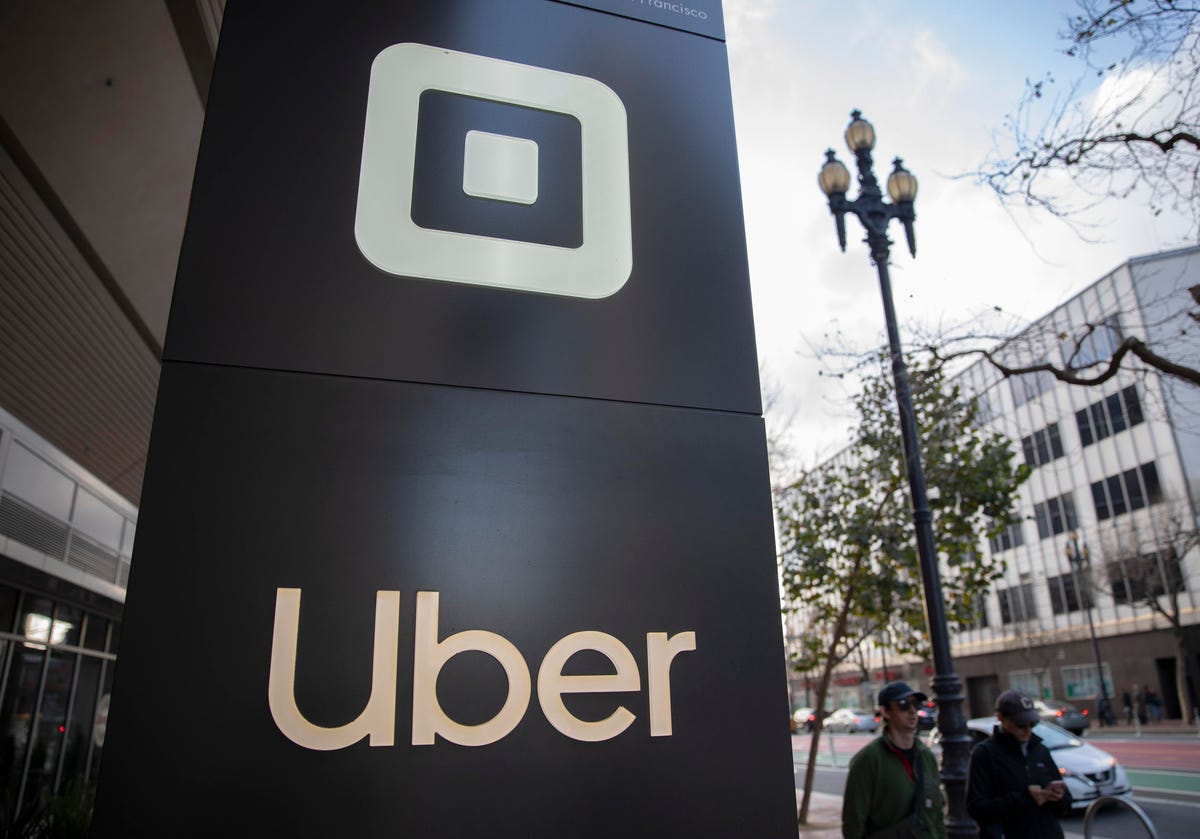Uber admits to misleading Australian users about ride cancellation fees | ZDNet

Image: Getty Images
Uber has admitted to misleading users about ride cancellation fees and Uber Taxi fare estimates in Australia, with the ride-sharing company set to face AU$26 million in penalties for those practices.
Through an investigation by the Australian Competition and Consumer Commission (ACCC), the consumer watchdog uncovered that Uber’s rideshare app displayed a cancellation warning to consumers who sought to cancel a ride saying words to the effect of “[y]ou may be charged a small fee since your driver is already on their way”, even when consumers were seeking to cancel a ride within Uber’s free cancellation period.
Most of Uber’s services provide users with a five-minute free cancellation that commences once a driver has accepted the trip wherein users can cancel their ride without incurring a fee.
Uber engaged in this misleading practice for almost four years, from December 2017 and September 2021, with over two million Australian consumers being shown the misleading cancellation warning.
“Uber admits it misled Australian users for a number of years, and may have caused some of them to decide not to cancel their ride after receiving the cancellation warning, even though they were entitled to cancel free of charge under Uber’s own policy,” said Gina Cass-Gottlieb, who stepped into the role last month as the agency’s first woman chair.
In September 2021, Uber amended its cancellation messaging for Uber services across Australia to “[y]ou won’t be charged a cancellation fee”.
Uber also admitted that its app deceptively displayed an inflated estimated fare range for its Uber Taxi ride option, which allowed users to book a ride with a taxi rather than a rideshare driver.
According to the ACCC, one of the Uber app’s algorithms that calculated the estimated fare range inflated these estimates so that the actual taxi fare was almost always lower than that range, and consequently cheaper than Uber’s lowest estimate. The misleading taxi fare estimates were displayed between June 2018 and August 2020 until the Taxi ride option was canned in August 2020.
“Digital platforms like Uber need to take adequate measures to monitor the accuracy of their algorithms and the accuracy of statements they make, which may affect what service consumers choose. This is particularly important as online businesses often carefully design their user interfaces to influence consumer behaviour,” Cass-Gottlieb said.
With Uber’s admission of conducting those misleading practices, the tech giant and ACCC have agreed to jointly seek orders from the Australian Federal Court for the company to pay AU$26 million in penalties.
At the end of last week, Trivago was similarly ordered by the Federal Court to pay AU$44.7 million in penalties as its algorithms made misleading representations about hotel room rates on its website.
The legal proceedings, also brought on by the ACCC, revealed that Trivago’s website algorithm placed significant weight on which online hotel booking site paid Trivago the highest cost-per-click fee when determining which rates to highlight on its website. As a result, Trivago did not often highlight the cheapest rates for consumers.
Trivago admitted that between December 2016 and September 2019 it received approximately AU$58 million in cost-per-click fees from clicks on offers that were not the cheapest available offer for a given hotel, causing consumers to overpay hotel booking sites by approximately AU$38 million for rooms featured in those offers.
Related Coverage
For all the latest Technology News Click Here
For the latest news and updates, follow us on Google News.

